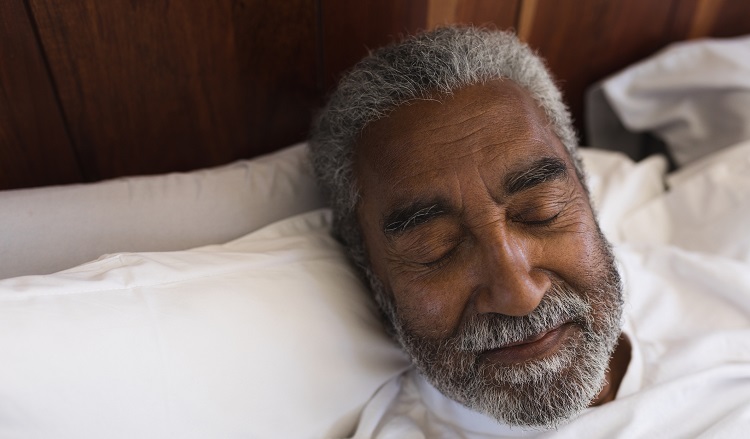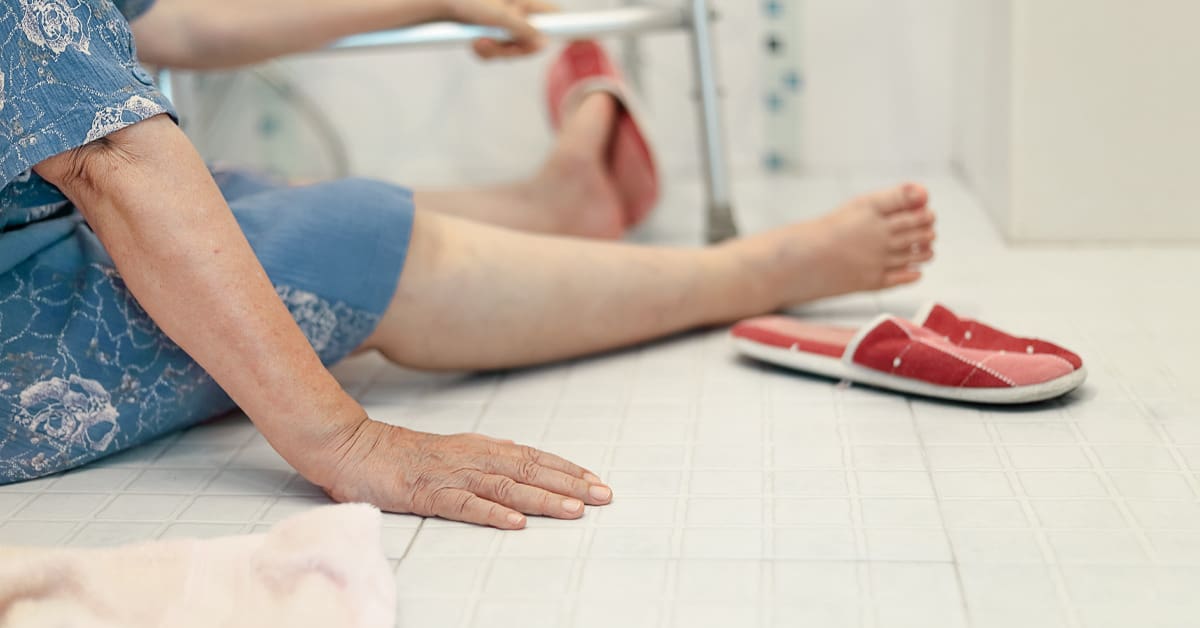3 Steps to Getting a Good Night’s Sleep

You know that a bad night’s sleep can make you cranky, but did you know that how well you sleep can affect your physical health, too? As you sleep, your mind and body repair themselves. For example, say you’re coming down with an infection. While you are asleep, your immune system will release proteins called cytokines. These proteins do two things: They fight the infection and they regulate deeper sleep. So the more sleep you get, and the deeper that sleep is, the better you’ll be able to fight the infection.
If you consistently don’t sleep well, you are at greater risk for chronic health conditions. You may be more likely to develop diabetes, high blood pressure, or heart disease. You may also suffer from stress, depression, and anxiety.
So how do you get a good night’s sleep? It takes a little TLC—Timing, Limits, and Comfort.
TIMING
- Try to go to bed and wake up at the same time every day.
- Create a bedtime routine, such as reading, taking a warm bath, or doing gentle stretches. Doing the same thing every night lets your mind know that it’s time to wind down.
LIMITS
- If you’re a napper, keep naps to 30 minutes and no later than mid-afternoon.
- Exercise can lead to better sleep. If you find it energizes you, do slower activities in the afternoon or evenings.
- Do you smoke? Remember that nicotine is a stimulant. Alcohol can also interfere with sleep.
- Light from computer, smartphone, and TV screens can interfere with sleep. Shut off devices about two hours before bed and switch to a book or magazine.
- Change bedroom lights to low-watt bulbs. Block light from windows and electrical devices, like digital clocks or cell phones.
- If you have to get up to use the bathroom at night, use a flashlight. Try not to turn on bright lights. It will be easier to fall back asleep.
COMFORT
- Do you need a pitch-dark room and no noise at all, or is the whirr of a fan reassuring to you? Make sure your bedroom meets your needs.
- Be sure your mattress and pillow aren’t keeping you up at night. (One sign: You wake up feeling more refreshed after a night in a hotel than you do in your own bed.)
- Find ways to manage stress. Taking care of yourself and making time to relax can help to put your mind at ease.


